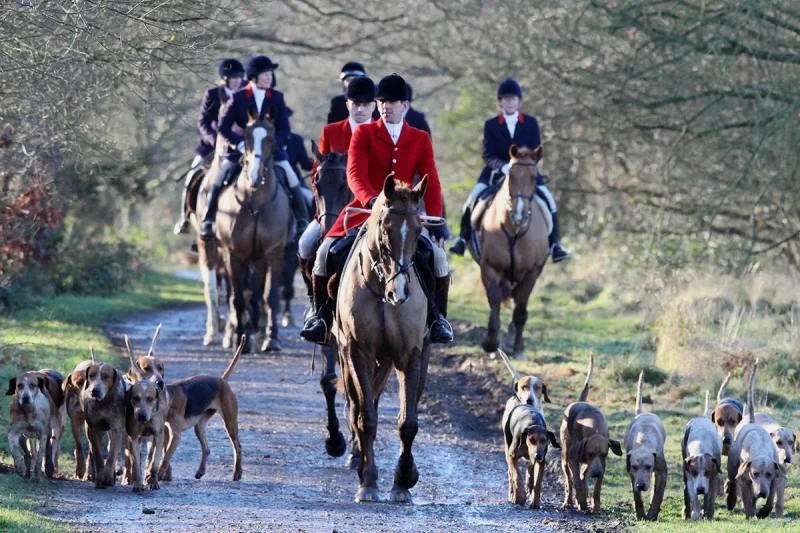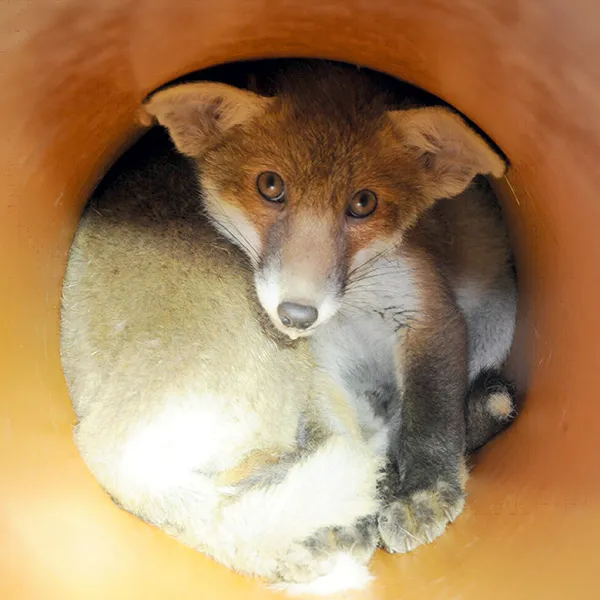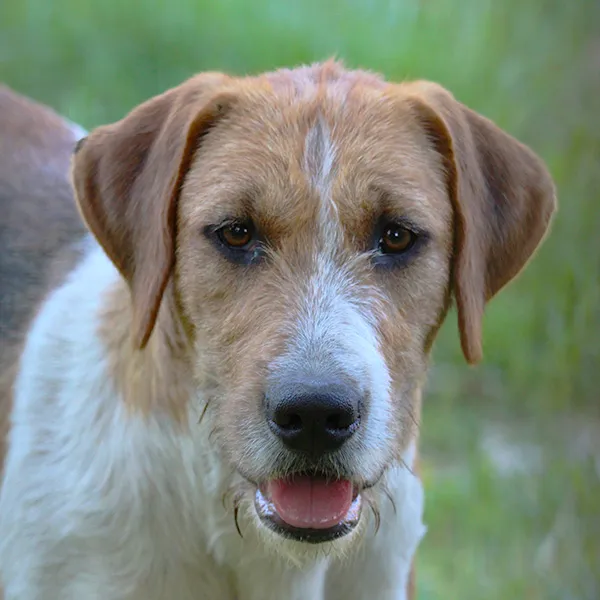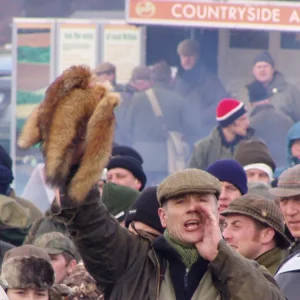The Hunting Act 2004 made fox hunting with dogs illegal in England and Wales. The Act incorporated a couple of exemptions (loopholes) although hunts haven’t had to rely on them in order to continue to hunt foxes.
What happens during a fox hunt?
There are around 200 fox hunts in Britain which hunt an average of two to three days per week. In addition there are some ‘harrier packs’ and some unofficial packs (mainly in Wales) which also hunt foxes.
The foxhunting season begin with cub hunting and the official main foxhunting season begins on 1st November and continues through to March, although a few hunt go on into April.

The night before the hunt meet or early the same day, the hunt terriermen will block up fox-earths, drains or badger setts in order to prevent foxes going to ground when being hunting by hounds. Many fox hunts still carry out this practice despite the Hunting Act.
After moving off from the meet, the foxhounds are sent into a ‘covert’ to seek out a fox. A fox could be found almost immediately and flushed out, or alternatively there could be a long delay. When the fox sprints away, the huntsman calls the pack together to follow the scent trail left by the fox. A hunted fox will naturally run to the nearest earths and other holes familiar to it, but they are likely to be blocked. It is then forced to run as far and as fast as it can; as the fox is a predator and has not evolved for long sustained chases, it cannot compete with the superior stamina of the slower-running but persistent hounds.
The kill
Eventually it becomes exhausted whereupon the dogs catch up, swarm over the fox and savage it to death. If a fox manages to find refuge in an open hole (termed ‘unsporting’ by hunters!) the huntsman calls for the terriermen to enter their dogs into the hole in an attempt to either drive it out for further hunting or keep it under attack until it is dug out.
The ‘bolting’ of foxes for further hunting was condemned as cruel by a Government enquiry in 1951 which recommended that the practice be abolished. (Ref: The Report of the Committee on Cruelty to Wild Animals, otherwise known as the Scott Henderson Report, named after the Chairman.)
Hunting enthusiasts claim that the first dog to reach the fox gives it a ‘nip to the back of the neck’ which kills it instantly. This claim ignores the cruelty brought about by the deliberately prolonged chase.
It is well-known in hunting circles that foxes fighting for their lives with the pack of dogs, often manage to inflict a bite or two. These wounds are described in hunting literature as ‘wounds of honour’ and prove that foxes are not killed instantaneously by the first dog to make contact. There are also several recorded instances of the hounds attacking small pet dogs and cats which, although fatally savaged, survived the initial attack — further evidence that the dogs do not kill their prey instantly.

Fox Preservation

Hounds Killed

Pets Killed




